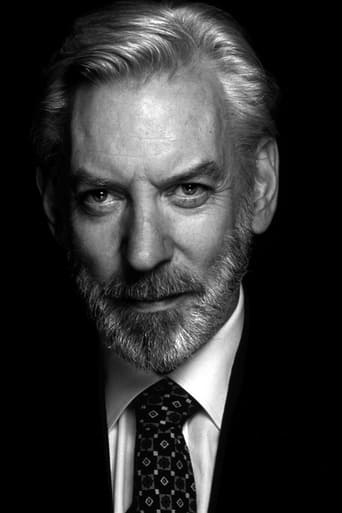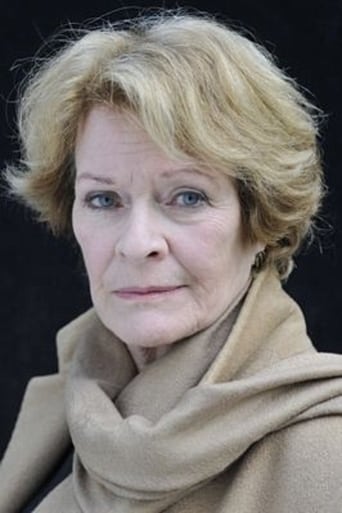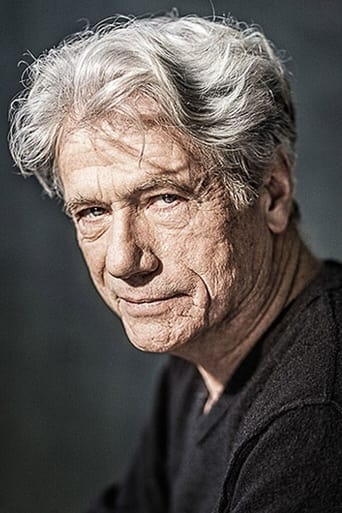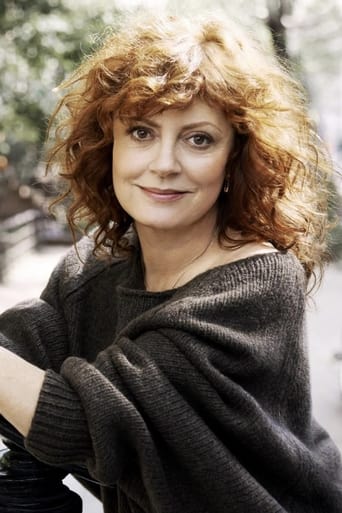Solemplex
To me, this movie is perfection.
Matialth
Good concept, poorly executed.
Spidersecu
Don't Believe the Hype
Bea Swanson
This film is so real. It treats its characters with so much care and sensitivity.
Chase_Witherspoon
Compelling fictional account of a teacher (Sutherland) who begins to delve into the clandestine methods of his local South African police force when the heavy handedness being meted out against the coloured population happens close to home. Sutherland's character is essentially colour-blind, and shocked to discover his friends, colleagues and even his wife are all afflicted by the stain of Apartheid, and unwilling to modify their views (for fear, retribution and in some cases, their racism).Brando has a relatively peripheral role as the human rights counsel, appearing in a puppet court where vicious establishment official Jurgen Prochnow is on trial for covert, racially-based atrocities. Prochnow is the film's sleeper role as the cold, merciless enforcer, while Ntshona playing Sutherland's key accomplice is also quite a defining character (some may recognise him from "The Wild Geese" in which he played the president in exile Julius Limbani). Susan Sarandon, Michael Gambon, Paul Brooke, John Kani and Ronald Pickup have smaller roles.There's a few unsettling moments and gathering tension in the manner in which Sutherland's character is perversely ostracised for his 'disloyalty', a pariah whose young son makes him vulnerable to retributions. It's a busy kind of movie with frequent scene interchanges, multiple minor characters and sub-plots but the narrative is pervasive and keeps you engaged.
mark.waltz
In "Mr. Smith Goes to Washington", James Stewart fought for a lost cause, the only cause he believed was worth fighting for. Fifty years after that iconic film moment, Donald Sutherland fought for another lost cause, risking everything he held dear in the process. This time, that cause is the eradication of injustice in South Africa after dozens of black children are murdered and their loved ones face annihilation for their grief-stricken protests.Sutherland plays the employer of one of the fathers of one of the victims, and when more murders occur (disguised as suicide), he finds himself involved in bringing the leaders of this outrage to justice. This causes friction between him and his scared wife (the lovely Janet Suzman, Academy Award Nominee for "Nicholas and Alexandra") who fears for the destruction of their safe family structure, safe mainly because they are white. A court trial (with Marlon Brando in an Oscar Nominated role as the attorney fighting this lost cause) results in more government corruption and Sutherland turns towards a sympathetic reporter (Susan Sarandon) to help him expose the cruelty of apartheid and bring the culprits (who are more like a government supported mafia) to justice.This is a disturbing topic, and moments of this film will bring on anger towards the hideous cruelties of the perpetrators. But it shows that even with the most corrupt government, there will always be people who will fight against it regardless of the dangers towards themselves. Sutherland is outstanding, and it is really nice to see Brando in a role bigger than a cameo. He may only be on for 20 minutes, but he is worthy of the acclaim he received. Susan Sarandon provides a nice cameo, probably because as a fighter of lost causes herself, she believed in the film's message. While I know little about the actual details of this corruption, I feel others like me may benefit by seeing the film to expose them to what is going on outside of their own back yard.
jotix100
Apartheid gripped South Africa for many years. One heard the news with total disbelief, as things got worse in that country. Euzhan Palcy has brought Andre Brink's novel to the screen making a statement along the way about what was wrong in South Africa under the brutal repression of those that dared to make a stand.The carnage one sees in the film is hard to take. Especially, since one occurrence is directed to innocent children who are trying to make a stand about education. At the time, the white establishment labeled communist all those that dared oppose the ruling class. It's ironic that after things got to be democratic, those same rebels didn't turn the country into a communist state.The story centers on a white teacher that suddenly awakens to what is happening around him. His involvement comes through his gardener, Gordon, who is a decent man. When the gardener's son is arrested, Gordon turns to Ben for help. That will mark the beginning of Ben's passive attitude toward apartheid. By trying to help, Ben will be a marked man, a traitor to his people, according to even his own family.Donald Sutherland makes an excellent Ben, the former football star and teacher. We watch him as he gets deeply involved in his quest for justice in a land where it was unknown. Zakes Mokae, an immensely talented actor of stage and screen, plays Stanley the man that serves as a link between the struggling faction and Ben. Jurgen Prochnow plays the sadistic Capt. Stolz conveying all the cruelty and arrogance of the man. Janet Suzman is Ben's wife, a woman who doesn't want to see any changes in her cushy life.The surprise of the film is the appearance of Marlon Brando in a small, but pivotal role of Ian McKenzie, a barrister that brings the case to a court of justice, but it's defeated by the system. Mr. Brando made a tremendous contribution to the film.Ms. Palcy's film is a reminder of the injustice perpetuated in South Africa under the apartheid rule.
ThomsonGA
"Trevor Moses'" review is most unfair and disingenuous. That review is clearly based on his political views and not on the film's merit, as his opening line plainly indicates: "Typically anti-apartheid sewer seepage" -- those are his exact words.Note that Mr. Moses hails from South Africa. Perhaps he is part of that minority that still resents the end of apartheid? His review would support such a notion.I saw the film many years ago, and it was at least decent, to best of my recollection. Director Palcy has done other quality work, e.g., "Sugar Cane Alley."





